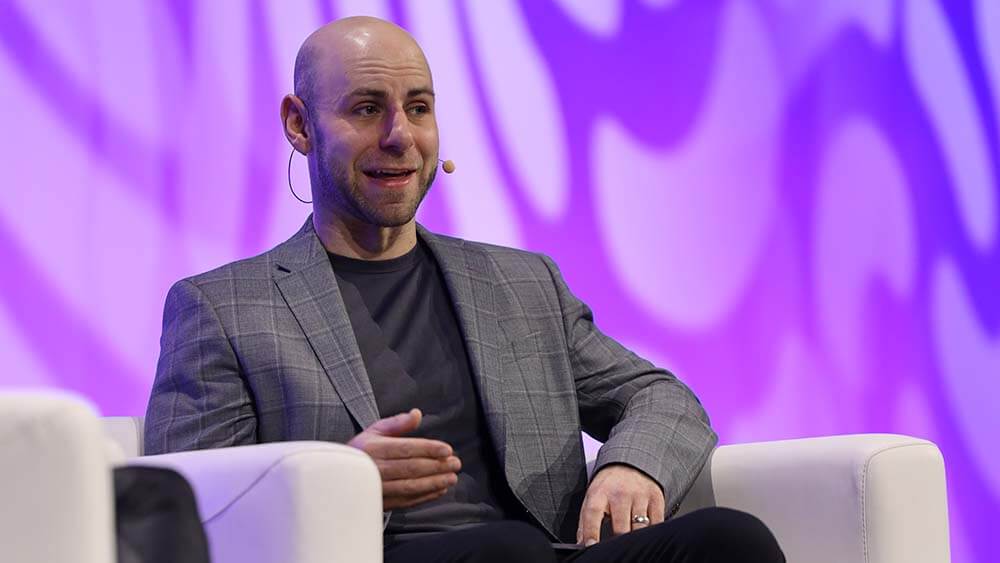
The theory that we all have individual and innate learning styles — verbal or visual, auditory, or kinesthetic — that determine how well we acquire and retain information has become a foundation of teacher training, organizational psychologist Adam Grant writes in his latest book, Hidden Potential: The Science of Achieving Greater Things. Globally, nearly 90 percent of teachers “believe in matching their instruction to student learning styles.”
But there’s a problem, said Grant, a professor at the Wharton School of the University of Pennsylvania: It’s a myth. “Numerous studies have shown that young students and adults don’t do any better on tests when teaching and study methods are in sync with their preferred learning style,” he added. “You may have a way that you like to learn, but that doesn’t predict how well you learn in that domain.”
That’s not to say that the differences in modes of learning aren’t real, and offer distinct advantages, Grant writes in Hidden Potential. Unless you have a disability that makes it “difficult to parse text,” when it comes to critical thinking, there’s no substitute for reading, he wrote. Grant’s research validates my habit of going straight to the transcript when I am trying to understand the points that a recorded speaker is making and underscores the value of AI-enabled initiatives to immediately deliver written summaries of speaker remarks directly to meeting attendees.
But relying entirely on reading to learn leaves out important information. Listening to the human voice “is ideal for understanding emotions,” Grant wrote. If you are trying to improve your social and emotional intelligence, “you’re probably better off paying attention to audio,” Grant wrote.
“Tone of voice is a more accurate, purer signal of what people are feeling” than audio and visual cues combined. “The risk of just listening,” Grant told Armchair Expert podcast cohosts Dax Shepard and Monica Padman during a conversation about his book in October, “is that it’s too easy to nod and agree with the person who’s talking because you can be seduced by the charisma of their voice. You can get into the flow or the rhythm of the argument they’re making.”
Kinesthetic learning could be described as practicing what you learn, Grant wrote. In dozens of experiments, both children and adults learn languages faster when they are required to use it, however inexpertly, rather than just comprehend it through reading or listening. That’s true not just in learning languages, but in learning other skills, he writes in his book. “The adage ‘use it or lose it’ doesn’t go far enough. If you don’t use it, you might never gain it in the first place.”
One of the biggest takeaways about learning from Grant’s book is the value of embracing discomfort. Both for individuals and for groups, tolerating discomfort is a key to growth. To get the most out of learning styles, “you have to be willing to embrace the discomfort of stepping out of your preferred learning style,” Grant said during the podcast. “Sometimes the mode that’s hardest for you is the one where you actually process [information] the most deeply.”
Among the lessons for meeting organizers:
- Match learning methods — written takeaways, interactive exercises, hands-on labs, podcasts, and storytelling — with the learning goals your attendees and your organization are trying to achieve.
- Don’t try to erase all discomfort — that helps people to grow.
- Give participants choices and opportunities to interact with others. Choice “propels learning,” Grant writes in Hidden Potential. “Interest is amplified when we have the opportunity to choose what we learn and share it with others.”
Barbara Palmer is deputy editor of Convene.
